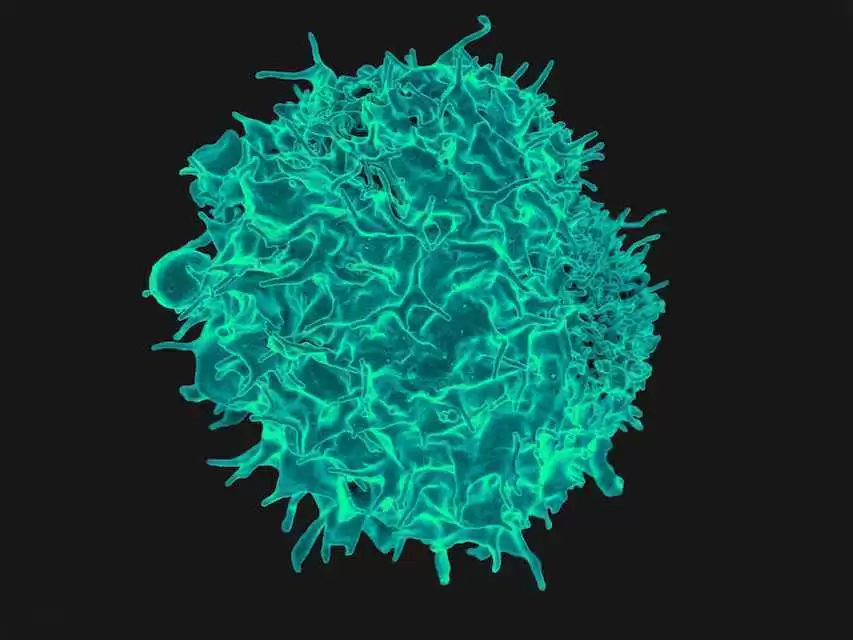Celiac.com 02/19/2024 - A recent study presented at the 2023 annual meeting of the American College of Gastroenterology has raised concerns about the increasing incidence of enteropathy-associated T-cell lymphoma (EATL) – a rare and aggressive form of T-cell, non-Hodgkin lymphoma. This alarming trend has prompted researchers to explore the possible connection between EATL and celiac disease, shedding light on the risks faced by individuals with this autoimmune condition.
Lead investigator Dr. Isabel Hujoel, Clinic Director of the Celiac Disease Center at UW Medical Center, Seattle, highlighted the strong association between EATL and celiac disease. While EATL is rare, most cases are observed in patients with celiac disease, suggesting a potential link between the two conditions. The study, utilizing data from the Surveillance, Epidemiology, and End Results (SEER) program database, identified 463 cases of EATL between 2000 and 2020, with an age-adjusted incidence rate of 0.014 per 100,000 people. Alarmingly, the incidence of EATL increased by 2.58% annually over this 20-year period.
Celiac.com Sponsor (A12):
Despite advancements in medical treatment, the prognosis for EATL remains poor, with a median survival of approximately six months. Findings from the study revealed that most cases were treated with a combination of surgery and chemotherapy. However, survival outcomes did not improve over the study period, underscoring the urgent need for more effective treatment strategies.
Dr. Sophia Dar, a gastroenterology fellow at Southern Illinois University School of Medicine, emphasized the importance of early detection and treatment. While chemotherapy showed promising results, the overall mortality rate remained high, highlighting the challenges in managing this aggressive cancer.
Researchers emphasized the need for further investigation into the factors contributing to the high mortality rate associated with EATL. Understanding these factors could pave the way for more efficient treatment plans and improved outcomes for patients.
Debra Silberg, MD, PhD, Chief Scientific Officer of the nonprofit Beyond Celiac, emphasized the rarity of EATL and the need for targeted screening. Screening for EATL should be considered in cases of refractory celiac disease or when there is suspicion of complications related to celiac disease.
The rise in cases of EATL serves as a sobering reminder of the potential complications associated with celiac disease. Heightened awareness, early detection, and improved treatment options are crucial in addressing this rare but deadly cancer among individuals with celiac disease.
Read more at gastroendonews.com







Recommended Comments
Create an account or sign in to comment
You need to be a member in order to leave a comment
Create an account
Sign up for a new account in our community. It's easy!
Register a new accountSign in
Already have an account? Sign in here.
Sign In Now